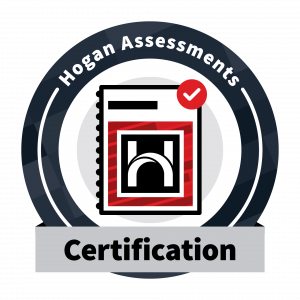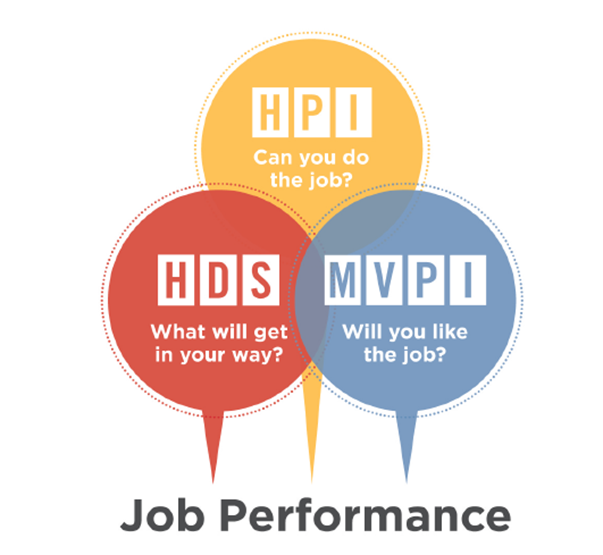Hogan Assessment
The Hogan Personality Assessment, commonly known as the Hogan Assessment, is a suite of psychometric tests used to evaluate and measure personality characteristics in individuals. It was developed by Dr. Robert Hogan and his colleagues in the late 1980s. The assessment is widely used in various organizational settings, including employee selection, leadership development, talent management, and team building.
The Hogan Assessment consists of three primary components:
1. Hogan Personality Inventory (HPI):
The HPI assesses the “bright side” of personality, capturing individuals’ typical behaviors, strengths, and potential in everyday situations. It focuses on factors that impact work performance, such as interpersonal relationships, communication style, and problem-solving approaches.
2. Hogan Development Survey (HDS):
The HDS assesses the “dark side” of personality, which refers to the tendencies and behaviors that emerge when individuals are under stress, fatigued, or face challenging situations. This assessment helps identify potential derailers or dysfunctional tendencies that may impede an individual’s performance and effectiveness.
3. Motives, Values, Preferences Inventory (MVPI):
The MVPI evaluates an individual’s core values, motives, and interests, providing insights into their preferences for work environment, career aspirations, and values alignment with the organization’s culture.
The Hogan Assessment’s unique strength lies in its ability to provide organizations with a well-rounded view of individuals’ personality, helping them make informed decisions during the hiring process, identify high-potential leaders, and enhance team dynamics. It goes beyond the typical “self-report” personality tests by incorporating various validity scales that detect response distortion or faking.
The Hogan Assessment is considered a reliable and valid tool for predicting workplace behaviors and performance. It is widely used by human resource professionals, talent management specialists, and organizational psychologists to make data-driven decisions that contribute to the success of the organization and the development of its workforce. However, it is essential to administer the assessment with ethical considerations, ensuring confidentiality and informed consent of the individuals being assessed.


